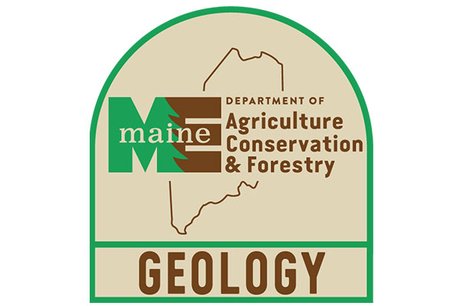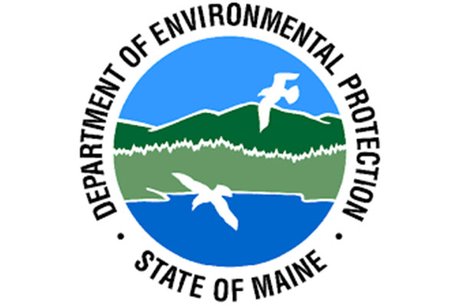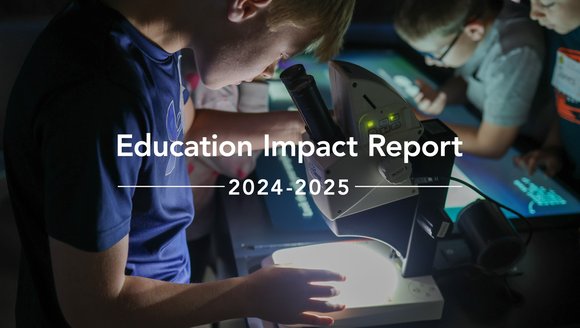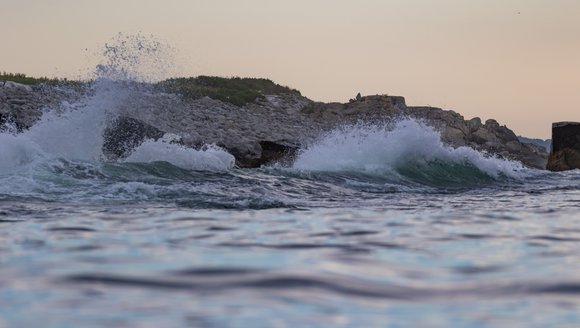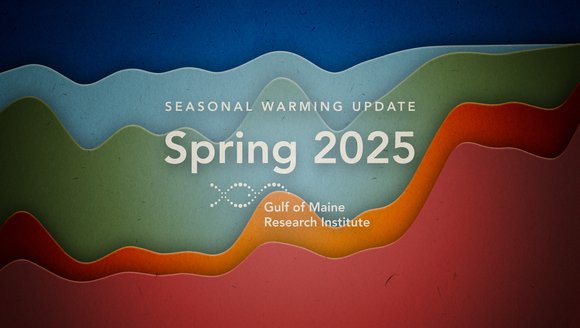Translating Coastal Flooding Science to Support Resilience
Developing tools and guidance that prepare Maine for sea level rise.
For much of Maine’s coast, there is a disconnect between sea level rise and coastal flooding data products, and actionable information that can serve as a basis for flood preparedness and adaptation measures. We are working with partners throughout the state to develop technical guidance, tools, and trainings that translate available science to support coastal resilience.
Project Goals:
- Improve available mapping tools to further support flood preparedness and adaptation.
- Develop technical guidance for applying sea level rise and coastal flooding datasets to adaptation measures.
- Create a hub of online, asynchronous educational materials.
- Develop and deliver trainings.
Maine Won’t Wait, our state’s climate action plan, calls for adaptation strategies built on infrastructure and habitat-scale hazard information. For much of Maine’s coast, there is a disconnect between sea level rise and flooding data products and actionable information that can serve as the basis for adaptation measures. A slew of datasets and mapping tools exists, yet the decentralized nature of these resources and the lack of guidance around applying them to local, boots-on-the-ground resilience strategies presents a challenge to end users.
We are collaborating with partners around the state to develop tools, educational materials, and trainings that provide guidance on leveraging available science for resilience of human and natural systems. Specifically, we will:
- Update the Maine Geological Survey Sea Level Rise/Storm Surge Viewer so that inundation maps can be connected to National Weather Service forecasts and the FEMA-defined 1% annual chance flood event.
- Create a hub of educational materials that consolidates information on the drivers of flooding, coastal flooding and sea level rise data products, datums, flood forecasts, and tide predictions.
- Develop technical guidance for marine oil terminal owners conducting Natural Hazard Risk Assessments that consider future sea level rise under the updated Ch. 600 rule.
- Inform statewide climate resilience goals and strategies put forward by the Maine Climate Council through service on its Scientific and Technical Subcommittee, where we will deliver up-to-date information on the coastal impacts of climate change in Maine.
- Develop and deliver in-person trainings.
Project Team:
-
![2024 – 25 Education Impact Report: 20 Years of Learning]()
2024 – 25 Education Impact Report: 20 Years of Learning
Read on to see some of the ways our education team made an impact across the state and beyond in the 2024 – 2025 school …
Reports
-
![Carbon Sequestration 101]()
Carbon Sequestration 101
One of the most powerful processes we know about, when it comes to slowing climate change, is the sequestration of carbon. Learn more about carbon …
Perspectives
-
![Gulf of Maine Warming Update: Spring 2025]()
Gulf of Maine Warming Update: Spring 2025
Read on for an inside look at what we've learned in our spring 2025 Gulf of Maine warming update.
Reports
-
![Marine Heatwaves 101]()
Marine Heatwaves 101
Learn about what marine heatwaves are and how they can disrupt coastal ecosystems and the communities that depend on them.
Perspectives
